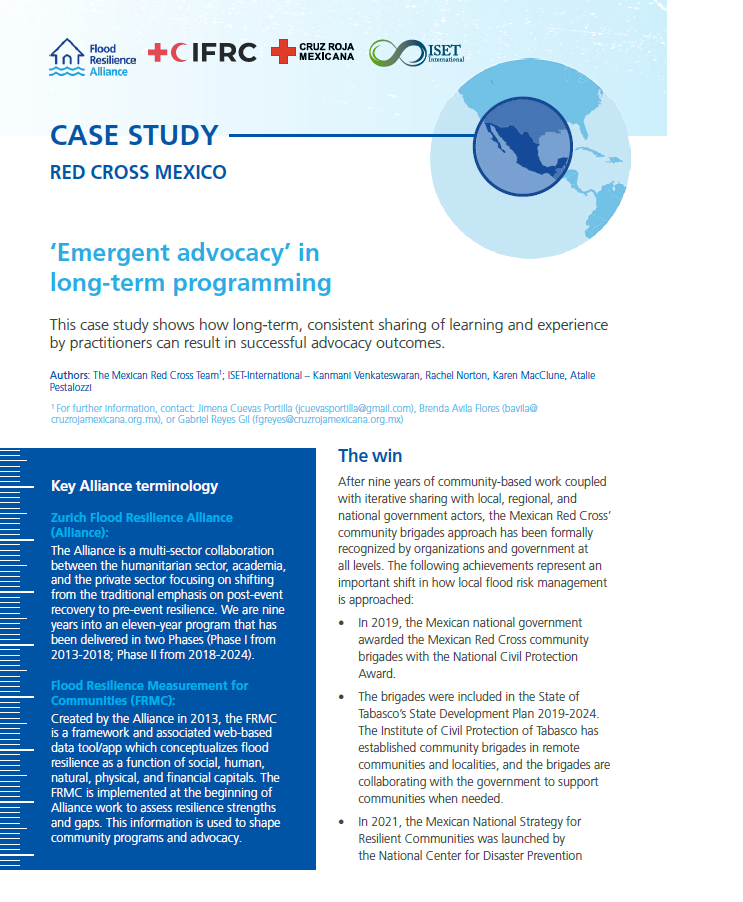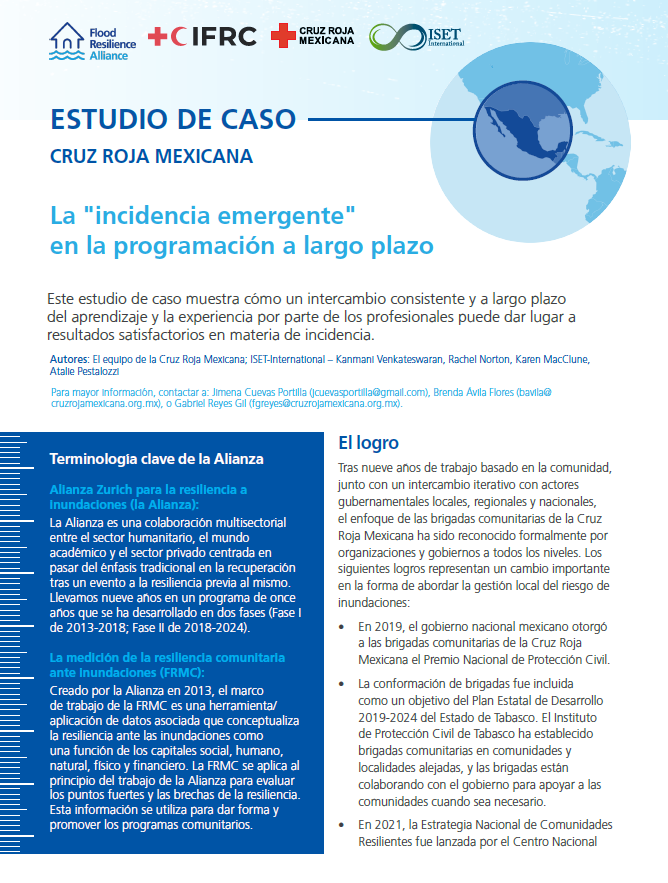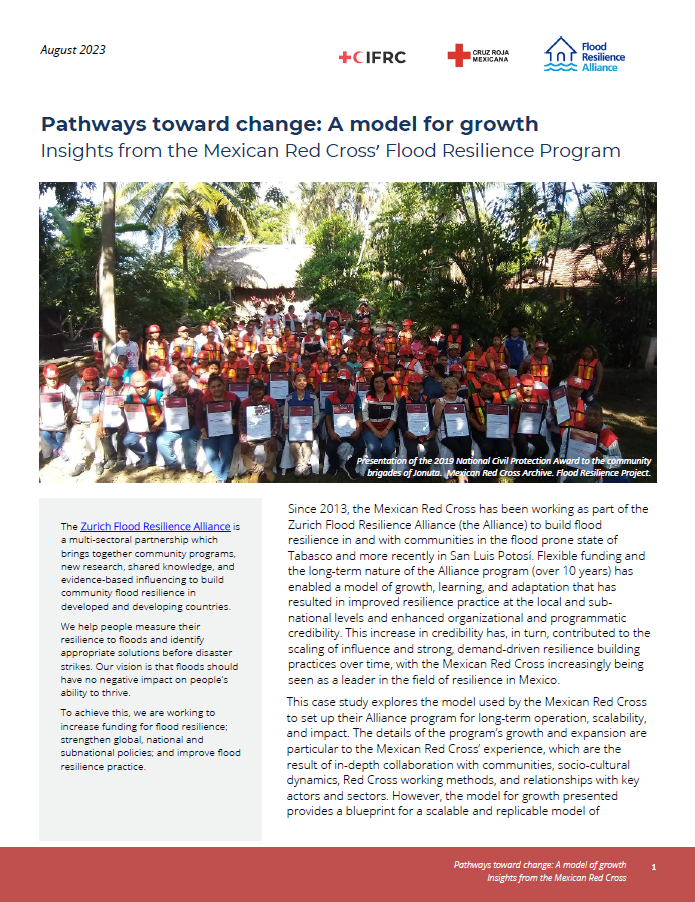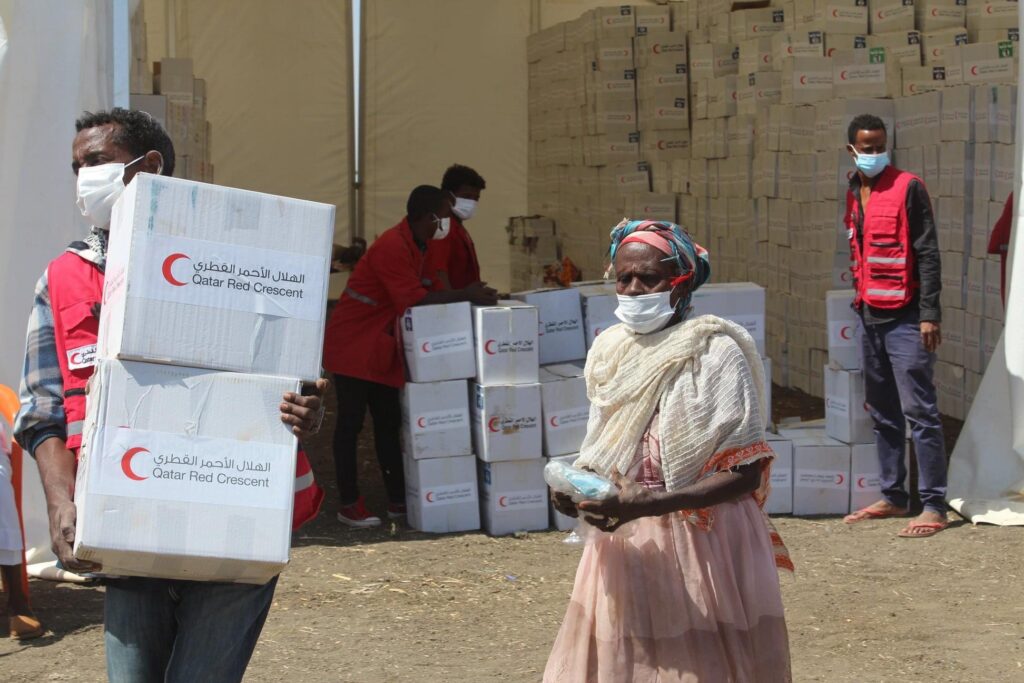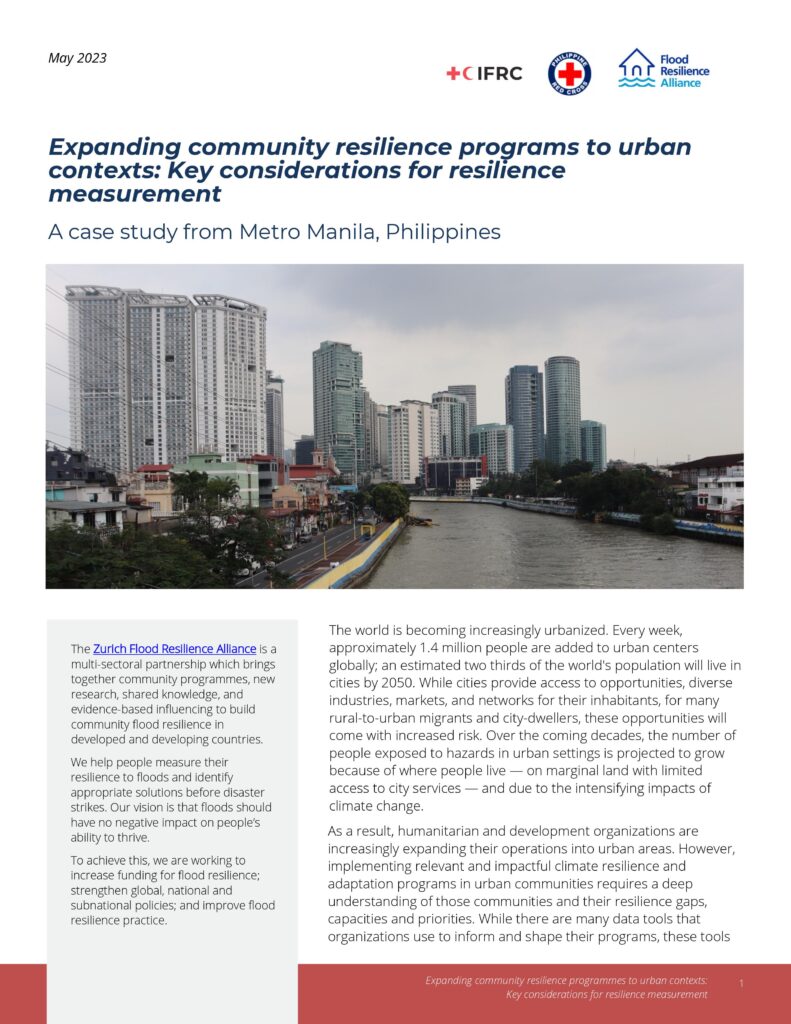Integrating Persons With Disabilities in CDRT and CERT Training
Persons with disabilities and other persons within vulnerable groups, can be disproportionately impacted by disasters and can therefore be more negatively impacted by disasters. The IFRC fully endorses the inclusion and the active participation of persons within vulnerable and marginalized groups in all community discussions and trainings. A great regional example of this is a […]
Integrating Persons With Disabilities in CDRT and CERT Training Read More »


